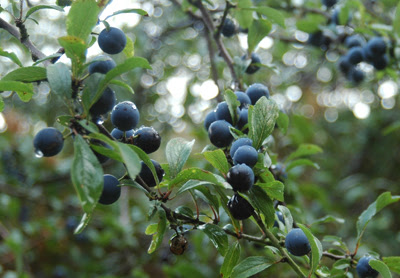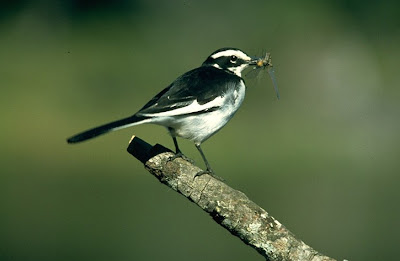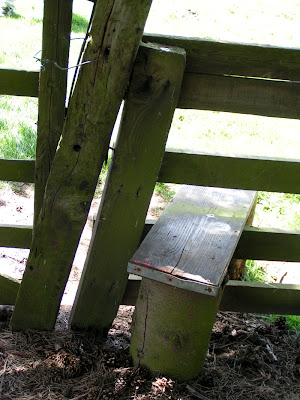 His cottage is a humble place of rest
His cottage is a humble place of restWith one spare room to welcome every guest,
And that tall poplar pointing to the sky
His own hand planted when an idle boy,
It shades his chimney while the singing wind
Hums songs of shelter to his happy mind.
Within his cot the largest ears of corn
He ever found his picture frames adorn:
Brave Granby's head, De Grosse's grand defeat;
He rubs his hands and shows how Rodney beat.
And from the rafters upon strings depend
Beanstalks beset with pods from end to end,
Whose numbers without counting may be seen
Wrote on the almanack behind the screen.
Around the corner up on worsted strung
Pooties in wreaths above the cupboard hung.
Memory at trifling incidents awakes
And there he keeps them for his children's sakes,
Who when as boys searched every sedgy lane,
Traced every wood and shattered clothes again,
Roaming about on rapture's easy wing
To hunt those very pooty shells in spring.
And thus he lives too happy to be poor
While strife neer pauses at so mean a door.
Low in the sheltered valley stands his cot,
He hears the mountain storm and feels it not;
Winter and spring, toil ceasing ere tis dark,
Rests with the lamb and rises with the lark,
Content his helpmate to the day's employ
And care neer comes to steal a single joy.
Time, scarcely noticed, turns his hair to grey,
Yet leaves him happy as a child at play.





































 [Woodwalton Fen from 'The Great Fen Project website]
[Woodwalton Fen from 'The Great Fen Project website]












